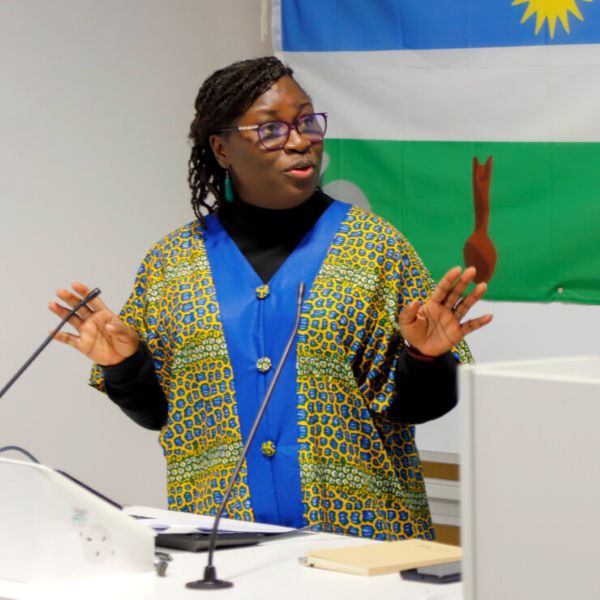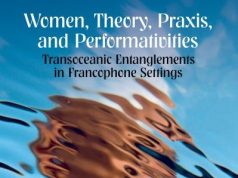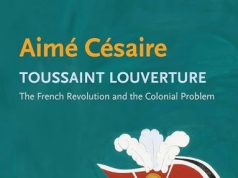

Here is a call for visiting fellowships at the University of Cambridge hosted by the Centre for Research in the Arts, Humanities and Social Sciences (CRASSH) in collaboration with the Legacies of Enslavement network. The deadline for applications is February 16, 2026. Here are excerpts of the description; check the “further information” tab on the CRASSH page for more details on eligibility.
Description: The Centre for Research in the Arts, Humanities and Social Sciences (CRASSH) at the University of Cambridge is inviting applications for funded Visiting Fellowships for scholars from the Global South. The purpose of these Fellowships is to provide opportunities for scholars working at higher education institutions in the Global South to exchange ideas with other researchers based at CRASSH and elsewhere in the University of Cambridge and to draw benefit from access to the University’s collections and resources. It is hoped that these visits will lead to future collaborations and exchanges.
Enslavement: histories, legacies and afterlives
For 2027, CRASSH will partner with the University of Cambridge’s Legacies of Enslavement Initiative.
Enslavement and other forms of coerced labour have shaped lives and spaces across the globe for millennia, and particularly in the modern era. The violence of enslavement upon people, communities and landscapes has also invited resistance and responses from those who suffered from it. These struggles echo across time; long after the formal abolition of slavery, they continue to shape experiences of inequality in the present day.
We invite applications that explore these topics in interdisciplinary ways – whether the focus is historical, contemporary or some combination of the two. This may include the following areas of research:
- slavery and resistance, including its social, material and cultural manifestations
- the environmental impacts and legacies of the plantation system and the transportation of millions of humans
- questions of memory transmission and heritage
- the practices of knowledge and power that sustained and reproduce inequalities
- practices of repair and restoration to heal the wounds of enslavement.
We invite applications from any discipline, including anthropology, archaeology, art history, digital humanities, ecology and environmental studies, geography, history, philosophy, medical humanities, museum studies, science and technology studies, and sociology. Whatever their approach, projects should be based on original interdisciplinary research and aim to speak to a wide audience.
All Fellows selected under this scheme will be asked to work together to design an event related to the theme of this call; to take place during the term they are resident in Cambridge, and to present their own research at this event. This event will be co-hosted by CRASSH and the Legacies of Enslavement Initiative. Fellows will also be invited, if they wish, to contribute to public events organised by the Legacies Initiative.
The Legacies of Enslavement Initiative: background
The Legacies of Enslavement Initiative was created in 2025 to support work that explores and reflects on the University’s entanglement with Atlantic Slavery. More widely, the Initiative also seeks to support work on the histories and afterlives of enslavement more broadly by hosting research projects, international collaborations and a programme of public engagement activities at Cambridge.
Up to three Visiting Fellows will be selected each year from different countries in the Global South whose research proposals respond to the call set out above.
Check the further information tab on the CRASSH page for more details on eligibility.
For more information, see Visiting Fellowships for Scholars from the Global South – CRASSH
[Photo above @ Judith Weik.]
Here is a call for visiting fellowships at the University of Cambridge hosted by the Centre for Research in the Arts, Humanities and Social Sciences (CRASSH) in collaboration with the Legacies of Enslavement network. The deadline for applications is February 16, 2026. Here are excerpts of the description; check the “further information” tab on the CRASSH page for






